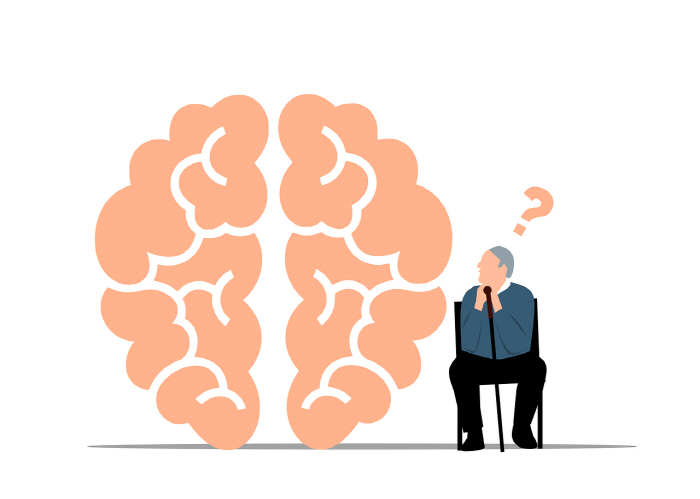Elderly people with chronic insomnia accelerate brain aging...40% risk of dementia and mild cognitive impairment ↑
Sep 11, 2025
|
Diego Z of Mayo Clinic in Minnesota, USA, published in the journal Neurology (AAN) on the 11th. This is the result of a study by Professor Carvalho's team.
The research team followed 2,750 elderly people with a healthy average age of 70.3 for an average of 5.6 years. Of these, 16% had difficulty sleeping more than three days a week and suffered chronic insomnia, which lasted more than three months. Participants underwent cognitive and memory tests every year, and some performed brain MRI and PET tests to check for signs of brain damage and accumulation of amyloid plaques, a protein related to Alzheimer's disease.
As a result of follow-up, the rate of development to mild cognitive impairment or dementia during the study period was 14% in the chronic insomnia group, which was higher than the insomnia-free group (10%).
Even after adjusting for variables such as age, high blood pressure, taking sleeping pills, and sleep apnea, people with insomnia were 40% more likely to develop mild cognitive impairment or dementia than those without insomnia, and the test scores related to thinking ability also fell faster.
In addition, a comparison of the group that slept less than usual and the group that slept more than usual over the past two weeks showed that the group with decreased sleep had lower cognitive test scores than the group with increased sleep, and was at the same level as four years older. In particular, people with the 'APOE ε4' gene, which is a genetic risk factor for Alzheimer's disease, showed more signs of brain white matter damage and amyloid plaque, and the rate of memory and thinking decline was much faster.
The research team wrote, "Insomnia caused accelerated aging, such as the brain aging 3.5 years faster on average", he explained that "Insomnia does not directly prove a causal relationship to brain aging 'causing', but the relationship clearly shows". "Insomnia can affect not only amyloid accumulation, but also cerebrovascular vessels..." Chronic insomnia treatment can also play an important role in protecting brain health," he said.
This article was translated by Naver AI translator.














